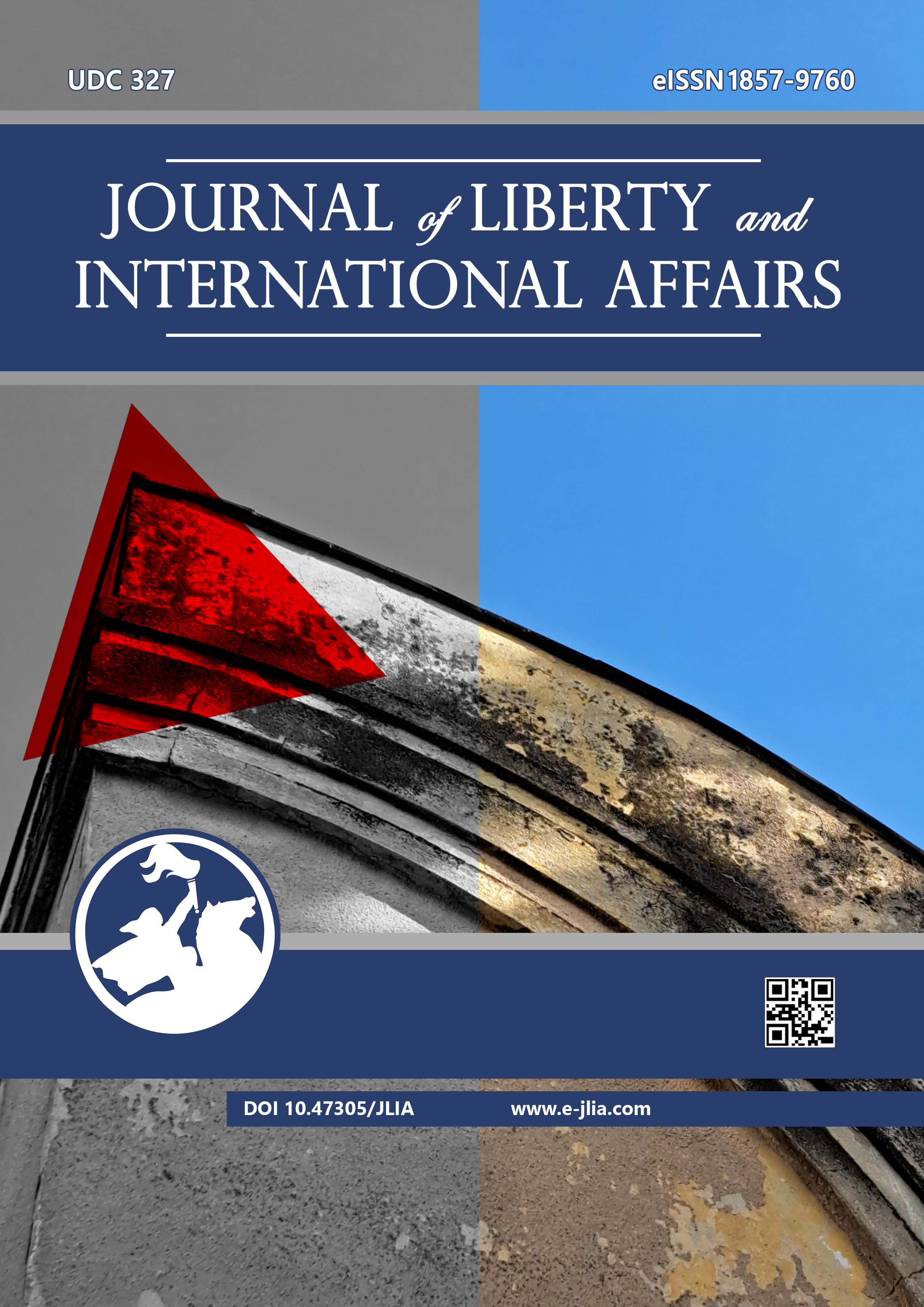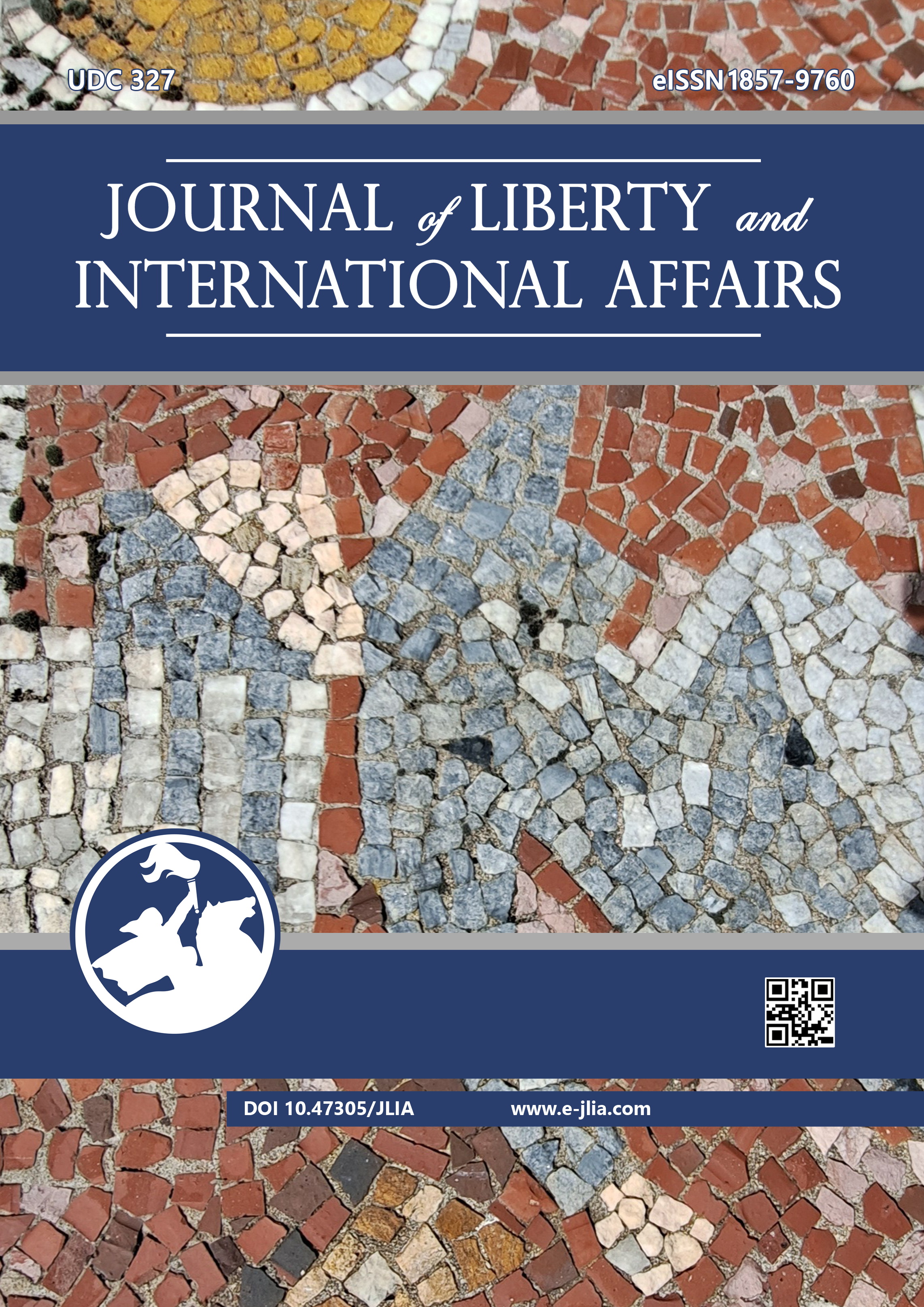
THE REGIONAL DIMENSION OF CORRUPTION RISKS IN THE CZECH REPUBLIC IN THE LIGHT OF DECENTRALIZATION
The article elucidates the relationship between decentralization and corruption risks in the Czech Republic. Economic inequality in the regions inevitably leads to corruption risks. The unemployment rate and the wage level determined the fragmentation of the Czech regions. Most Czech regions (8 out of 14) have an average unemployment rate (of 3-5%). The capital Prague (44 thousand korunas), as well as the Central Bohemian Region (35 thousand korunas), significantly differ from the rest of the Czech regions in wage level (within 31-32 thousand korunas). If the Czech regions are similar in the unemployment rate, there is a noticeable stratification between the capital and other regions. The findings of an expert survey among civil servants and deputies of regional Assemblies identified corruption and anti-corruption measures in the regions. The sphere of public administration is the most corrupt. Partially corrupt is the provision of administrative services. The greatest corruption risks result from the employees’ influence on funding sources (grants, subsidies and grants). On a 10-point scale, the average corruption in the regions is 5,8. More research prospects derive from studying corruption risks at the regional rather than national levels and expanding the geographical framework of the transition countries under research.
More...

